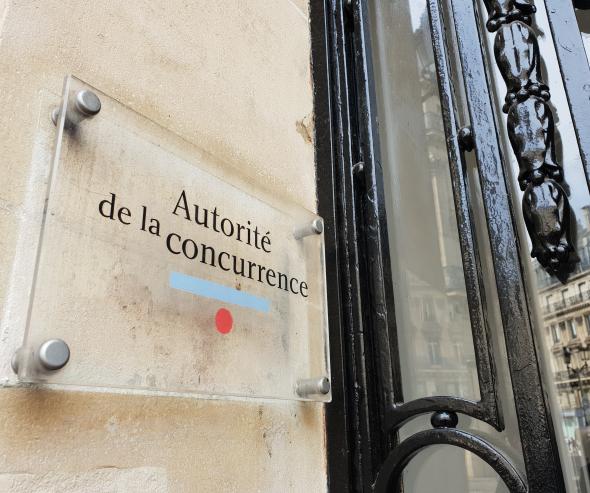28th February 2009: The Board of the Autorité de la concurrence has been appointed

Its first meeting, which will mark the reform’s entry into force, will take place on Monday 2nd March
The members of the Board ("le collège") of the Autorité de la concurrence have been appointed by decree, signed by the French President, on the proposal of the Minister of Economy (Official Journal of the French Republic, 28th February 2009). These sixteen people join Bruno Lasserre, who was appointed President of the Autorité on 14th January 2009.
The first meeting of the Board will take place on Monday 2nd March, and will mark the transfer of competence to the Autorité laid down in the law on the modernization of the economy, notably as regards merger control.
"We were keen to begin work in this new organization, which is both more coherent and more efficient. We now have the structures and the tools we need to fulfil our missions, which we know is so important for the growth of our country, stimulating our economy and protecting the purchasing power of the French people... " said Bruno Lasserre.
Composition of the Autorité’s Board
In addition to the President, the Board includes four full-time Vice-Presidents and 12 non-permanent members. Its composition is as follows:
- Bruno Lasserre, President
- Françoise Aubert, Vice-President
- Anne Perrot, Vice-President
- Elisabeth Flüry-Hérard, Vice-President
- Patrick Spilliaert, Vice-President
- Reine-Claude Mader-Saussaye, Member
- Pierrette Pinot, Member
- Emmanuel Combe, Member
- Carol Xueref, Member
- Jean-Bertrand Drummen, Member
- Yves Brissy, Member
- Pierre Godé, Member
- Jean-Vincent Boussiquet, Member
- Laurence Idot, Member
- Noël Diricq, Member
- Thierry Tuot, Member
- Denis Payre, Member
Creation of the Autorité de la concurrence: a priority reform
The law on the modernization of the economy of 4th August 2008 and the competition regulation modernization ordinance of 13th November 2008 transformed the Conseil de la concurrence into the Autorité de la concurrence.
This reform reflects a key policy aim: to give greater powers and means to a single independent authority in charge of the regulation of all aspects of competition (inquiries, antitrust, merger control, public opinions and recommendations on general competition issues, etc.). France is now in line with the rest of Europe, as 25 of the EU’s 27 Member States already have a single independent authority to regulate competition.
The Autorité, a one-stop-shop for merger control
The Autorité is now in charge of merger control, a task that previously was carried out by the Minister of Economy. With effect from 2nd March, companies will therefore be required to notify their proposed mergers to the Autorité de la concurrence, if those fall under national control requirements.
Responsibility for both merger control and the monitoring of anticompetitive practices are now in the hands of a single institution, and this enables the Autorité to adopt a unified and coherent approach to structures and behaviour, for the benefit of businesses and consumers.
In very exceptional cases, the law states that the Minister of Economy may evoke a merger which is strategically important for the nation, after the Autorité has made its decision, in order to examine the non-competition related aspects of the transaction (employment, national security, etc.).
The Autorité, promoting economic vitality
Unlike the previous system, the new arrangements allow the Autorité to issue public opinions on general competition issues and address recommendations to the Government, at its own initiative.
It will therefore be able to make its views known whenever it might prove useful, for example to contribute to the drafting of legislative or regulatory texts or to recommend specific measures for improving market competition, as it was recently asked to do by the government on the subject of France’s overseas départements.
The Autorité, guarantor of consumer interests
To fulfil its mission as guarantor of consumer interests more effectively, the Autorité now has its own inquiry forces, in addition to the teams responsible for investigating antitrust cases and proposed mergers.
It also has a more complete range of tools, enabling it to act more in line with economic time, and to choose the most appropriate solution in each case brought before it (interim measures, negotiated procedure, structural market changes, fines, etc.).
In the area of distribution in particular, the Autorité may be referred to by local mayors if they believe a company or group of companies operating retail outlets is abusing its dominant position or a state of economic dependence. If injunctions and/or fines are insufficient to resolve the problem, the Autorité may impose "structural" measures, which may even involve the sale of retail premises to restore competition.
